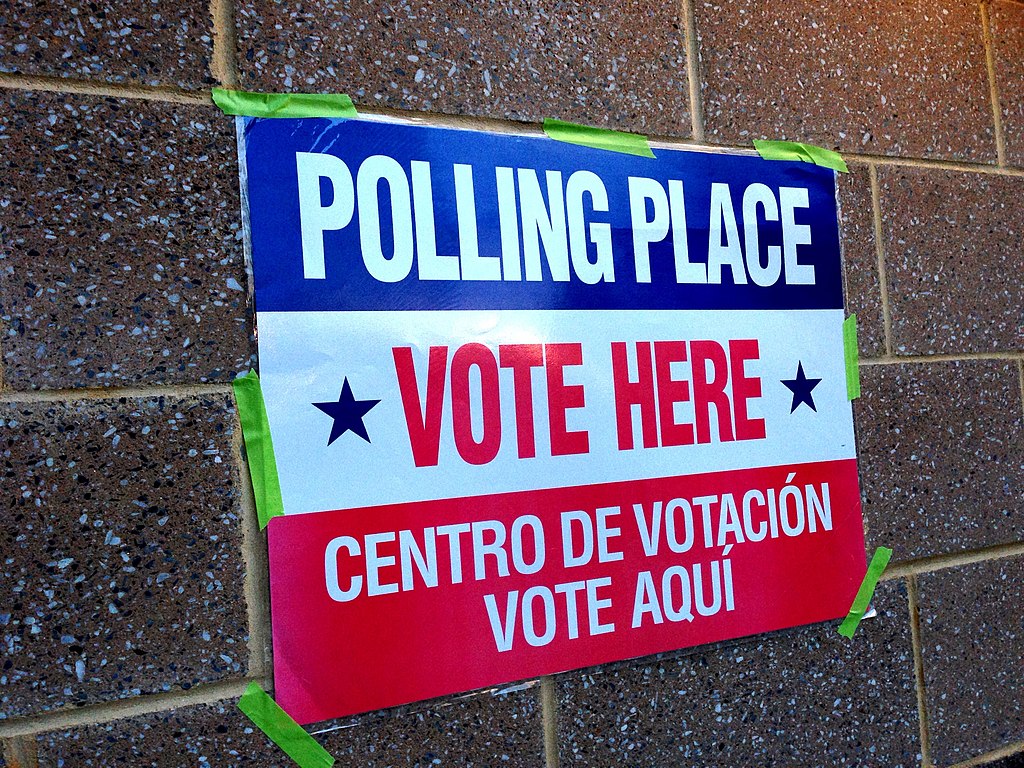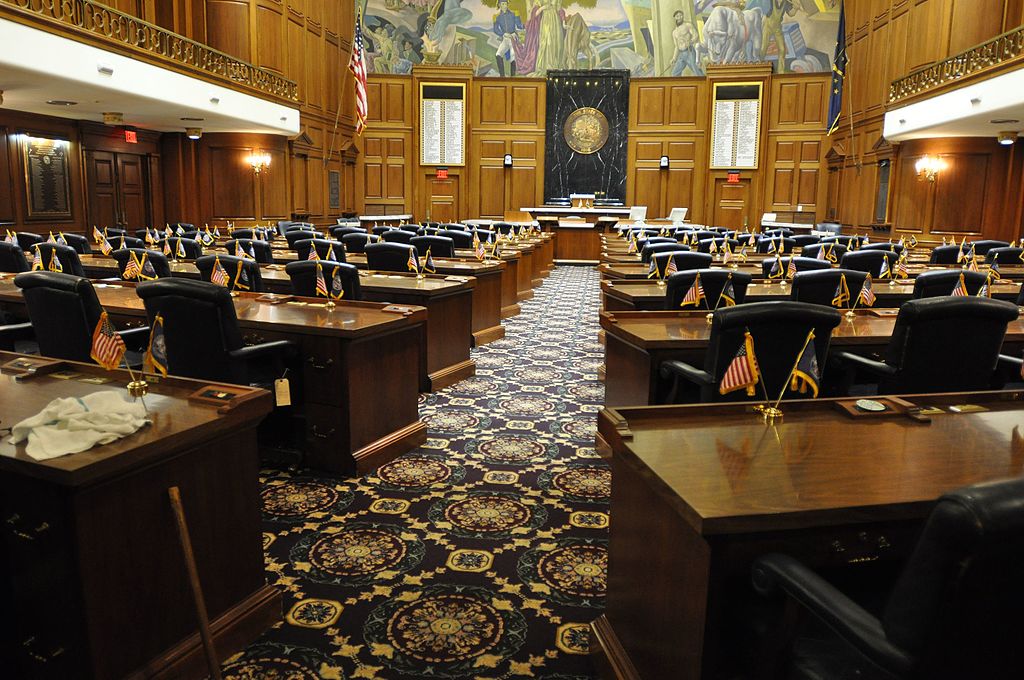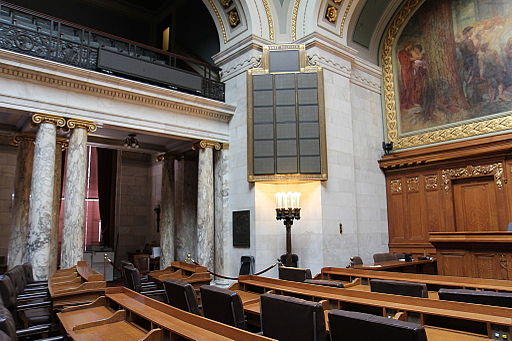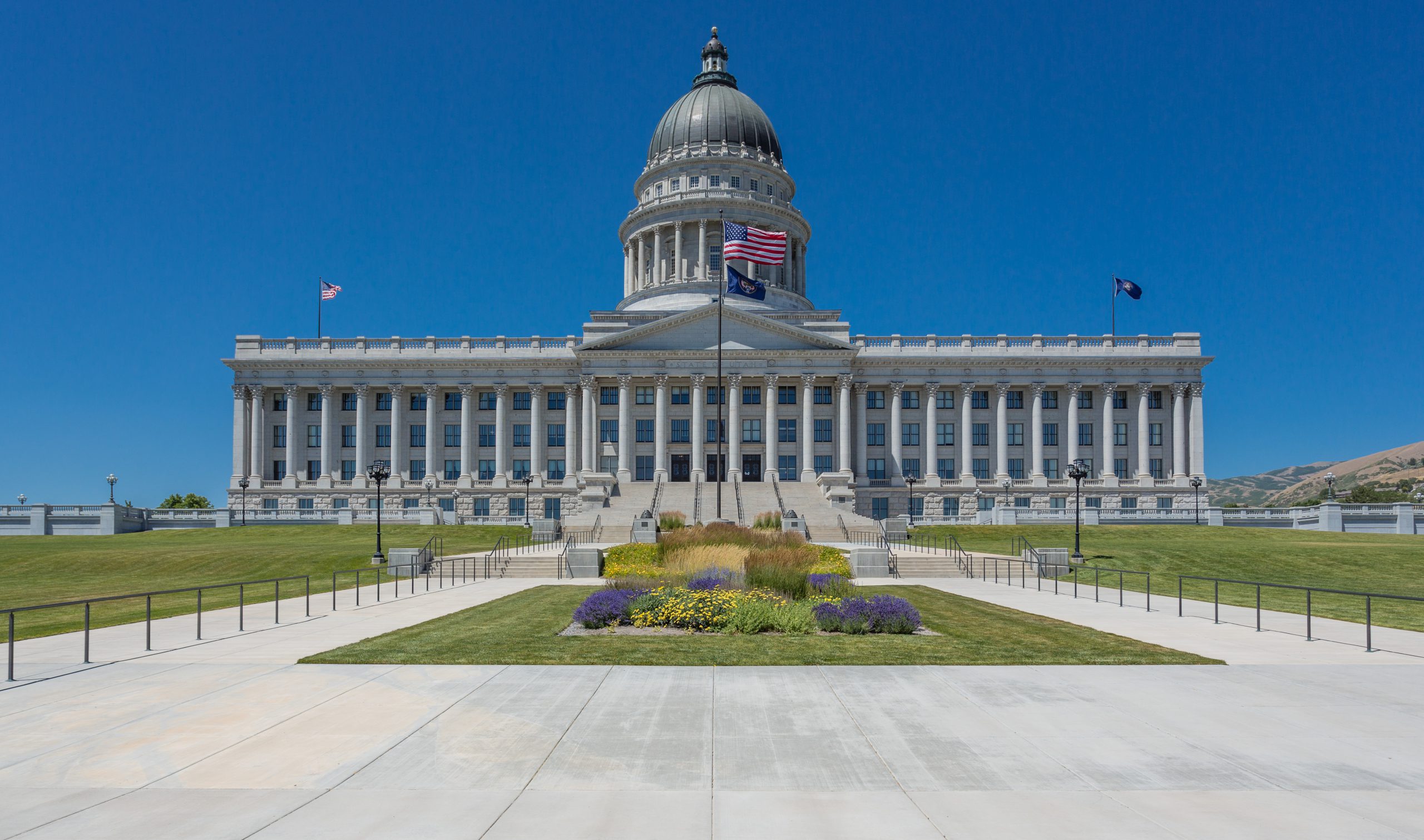Tag: legislation
-
Right to Repair initiative will appear on Maine ballots in November

A Right to Repair initiative will appear on the Maine ballot on Nov. 7, 2023. The initiative would allow car owners and independent repair facilities to have the same access to onboard diagnostic systems and wireless data that manufacturers and approved repair facilities have access to. According to The Repair Association, an organization advocating for…
-
Six legislative referrals on statewide ballots in 2023 received unanimous support from both parties, an increase from 2021 and 2019 sessions

Twenty-nine (29) legislative referrals were certified for statewide ballots in 2023 as of Jun. 15. Of that total, six received unanimous support from both parties; six received unanimous support from only Republicans; and 10 received unanimous support from only Democrats, which is higher than 2021 (4) and 2019 (5). One measure in New York—where legislative…
-
Enactment rate of single-topic versus omnibus-style election bills on par with 2022

The percentage of all enacted election-related bills dealing with single or multiple topics has stayed consistent from 2022 to 2023. As of May 2023, 53.5% of enacted bills address a single topic (61 of 114 bills), compared to 55.6% (158 of 284) of bills enacted by the end of 2022. Enactment of omnibus-style election bills,…
-
Marijuana legalization campaign to continue signature gathering in Ohio for 2023 ballot

The Coalition to Regulate Marijuana Like Alcohol, the campaign supporting a marijuana legalization initiative in Ohio, began collecting a second round of signatures to qualify the initiative for the ballot on Nov. 7, 2023. Previously, the Coalition to Regulate Marijuana like Alcohol submitted 136,729 valid signatures to the secretary of state in two separate rounds…
-
Indiana Legislature passes bill related to nonprofit donor privacy and disclosure

On April 25, the Indiana General Assembly passed HB1212, a bill prohibiting state and local governments from requesting or disclosing nonprofit donors’ personal information. The bill defines personal information as data that identifies a person as a supporter or member of a nonprofit organization. It would prohibit government agencies from requiring individuals, contractors, or grantees…
-
Florida Legislature approves election bill that eliminates resign to run provision

On April 28, Florida S7050 passed the state House 76-34, clearing both chambers of the state legislature. The Florida Senate passed the bill 28-12 on April 26. The Republican-sponsored bill makes a number of changes to the state’s election laws, including: Creates an exception to the state’s resign-to-run law for any individual seeking the office of president or vice president of…
-
Wisconsin Assembly passes unemployment insurance indexing bill

Wisconsin lawmakers on April 25 passed several bills related to unemployment insurance, including one that would index the length of unemployment insurance benefits to the state’s unemployment rate. Assembly Bill 153 would reduce the maximum number of benefit weeks to 14 during times when the unemployment rate is at or below 3.5%. The bill also…
-
Work requirements proposal included in debt ceiling bill

The U.S. House of Representatives on April 26, 2023, voted 219-210 to pass H.R. 2811, the Limit, Save, Grow Act of 2023, which aims to raise the federal government’s debt ceiling and includes provisions related to work requirements for certain able-bodied adults receiving Medicaid, Temporary Assistance for Needy Families (TANF) and Supplemental Nutrition Assistance Program…
-
Enacted ballot collection bills make mostly small changes, several states considering new restriction and penalties

Ten states are considering legislation related to ballot collection, or ballot harvesting, while three states have enacted legislation on the topic so far in 2023. In 2022, seven states enacted bills while 15 others considered legislation. The number of bills and states considering ballot collection measures is smaller in 2023 than last year. Most legislation…
-
Utah in the top-three for rate of election policy legislation enactment for second straight year

Utah is among the top three states enacting the highest percentage of their introduced election-related legislation for the second year in a row. It is the only state among the top three in 2022 and 2023. Utah lawmakers enacted 12 of the 29 election-related bills (41.4%) introduced in 2023 and nine of 18 in 2022…

